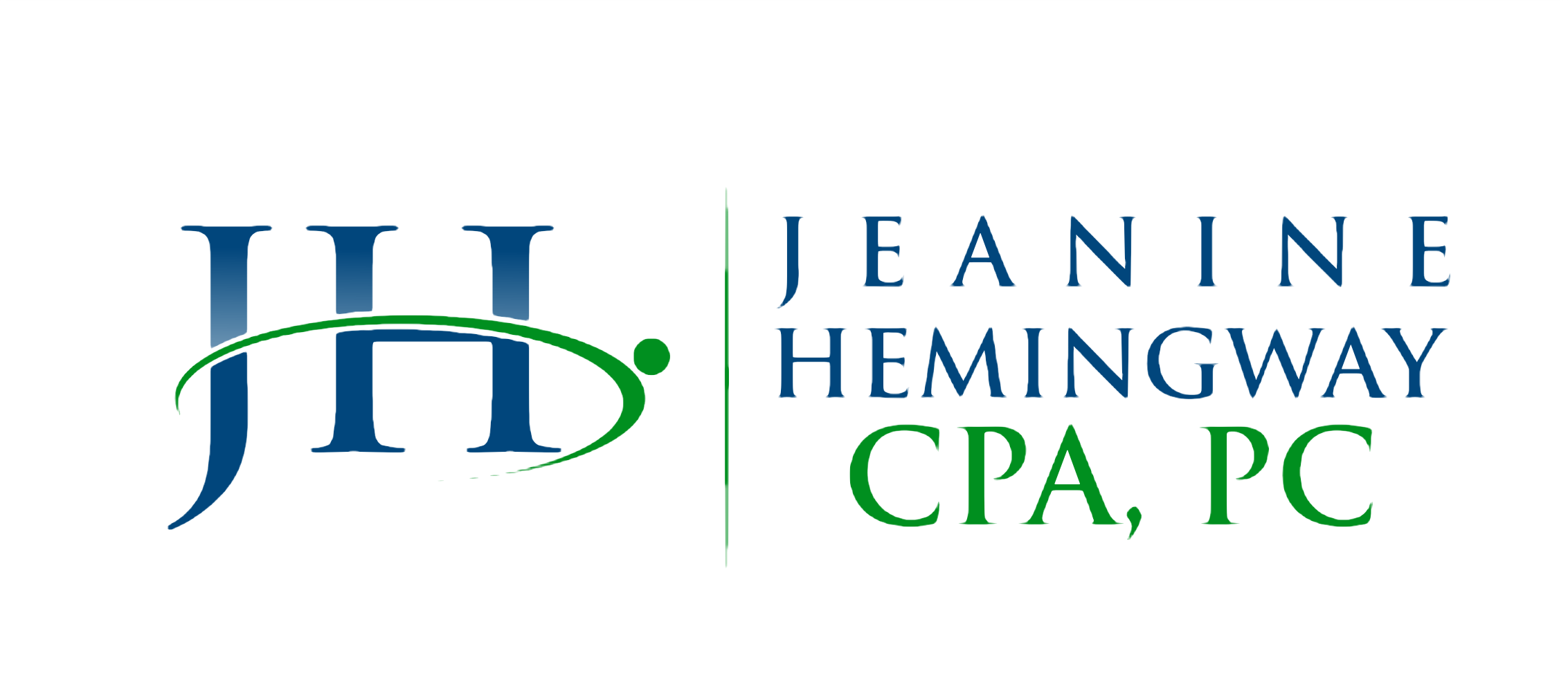Make Your Life Less Taxing: 2021 Tax Planning Strategies
Proactive tax planning now can help you reduce your tax liabilities come April 2022. Tax rules can be complicated and change often, but taking some time to know and use them for your benefit can change how much you end up paying (or getting back).
Together, with a small business accountant, you can reach some of these key tax planning goals:
- Defer the current year’s tax liability to future years, so you have more cash on hand for investment opportunities.
- Reduce the current year’s tax liability.
- Maximize the tax savings from allowable deductions.
- Take advantage of tax credits.
- Reduce capital gains tax.
- Avoid penalties for underpayment of estimated taxes.
- Manage your cash flow by projecting when tax payments due.
- Increase money available to fund your children’s education and save for retirement.
Over the next few months, consider taking these steps towards your tax preparation:
Understand your tax bracket: When you file your income tax return, knowing your tax bracket and federal income tax rates can help you estimate how much your total tax obligation will be.
Put deductions and credits to work: Tax deductions and tax credits both reduce your tax bill, but in very different ways. Knowing the difference can create some very effective tax strategies to lessen your tax burden. Your tax advisor and CPA can help determine which deductions and credits are applicable.
Tax deductions are specific expenses you’ve incurred that you can subtract from your taxable income. They reduce how much of your income is subject to taxes. Examples include;
- Medical and dental expenses
- Home mortgage points
- Work-related education expenses
- State and local income, sales and property taxes
- Personal casualty losses
- Business use of your home
- Business use of personal vehicles
- Home equity lines of credit and loans
- Charitable contributions
Tax credits give you a dollar-for-dollar reduction in your tax bill. A tax credit valued at $1,000, for instance, lowers your tax bill by $1,000. There are tons of possible credits you can take advantage of and they each have their own rules of requirement.
Shelter income: Deductions and credits are a great way to cut your tax bill, but there are other tax planning strategies that can help keep your hard-earned money in your pocket. Strategies like: Modifying your W-4 withholdings, put money into your 401k, put money into an IRA, open a 529 to save for college, fund your flex spending account and maximize your health savings accounts.
Defer your income: Those who get a year-end bonus might want to consider waiting to take it until the following year, if their employer allows this. By delaying the income, you postpone additional taxes the coming tax year.
Keep your tax records: For business owners, purchases, sales receipts, payroll, and other transactions you have in your business will generate important information for tax purposes. These documents contain information that will support your books and your tax return deductions.
Take your Required Minimum Distributions (RMDs): Individuals who are age 70 and a half or older with retirement accounts need to take the required minimum distributions by the end of this year. If not, they might face a heavy tax penalty of 50 percent of the required amount. This applies to both 401(k)s and IRAs.
There are several tax planning strategies you can act on that can help you reduce your tax burden. If you had an especially difficult year due to COVID-19, there may be other ways you can reduce your tax burden. Working with Jeanine Hemingway, CPA tax professionals year-round can help you make informed decisions resulting in minimized tax liability. Thoughtful and proactive tax planning puts you in the driver’s seat. We are available to help you implement tax-saving strategies to help you keep more of your hard-earned money. Contact us today!
